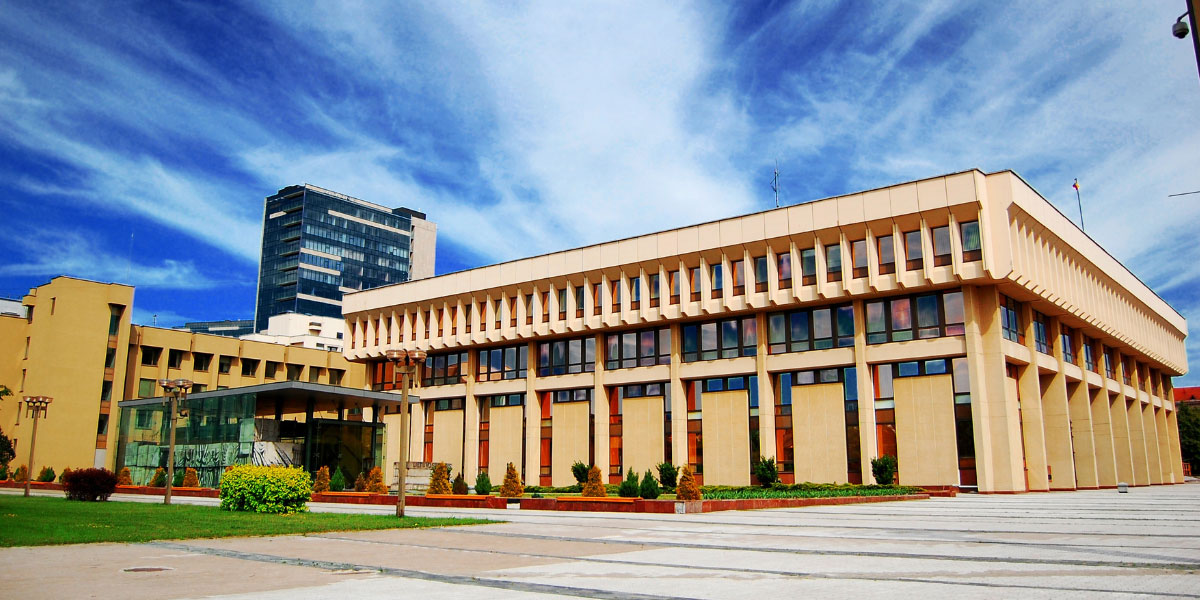On 7 June 2022 the IMF published a report following discussions with Lithuania under Article IV of the IMF’s articles of agreement.
Before the Ukraine war began, Lithuania’s economy was recovering strongly. A recession was avoided in 2020 by means of a strong policy response to the pandemic and a high immunization rate. The economy rebounded in 2021 driven by domestic demand, with low unemployment and a recovery in investment.
The economy is resilient owing to strong macroeconomic fundamentals, adequate policy buffers and a flexible labour market. In 2022, as the support given during the pandemic has been phased out, the government has made available a package of around 3.5% of GDP to mitigate the effects of energy price increases on households, to support vulnerable groups and to increase military spending.
Trade and financial links to Russia have become less important over time following accession to the EU. Lithuania has recently discontinued imports of electricity, oil, and natural gas from Russia.
Economic growth is projected to be around 2% in 2022, but the forecast is based on the assumption that the war will not escalate, and that commodity prices will begin to decline later in the year. Downside risks include further escalation of the war, lack of movement on structural reforms, and more difficult financial conditions. However, the private sector is in a strong financial position.
The budget includes measures to subsidise the energy bill to consumers. The value added tax (VAT) rate on district heating for households was temporarily reduced to zero in the first four months of 2022. The IMF report considers that the subsidy to energy tariffs should be phased out, making way for more targeted support to vulnerable groups.
There are spending pressures arising from social demands and age-related spending. There is currently a lack of consensus on significant tax reform in the current environment, and consequently further increases in spending will result in a moderate deficit over the medium term. The government should focus on broadening the scope of environmental and housing-related taxes and improving the collection of these taxes. Distortionary tax concessions and exemptions should be eliminated where they favour people on higher incomes. The IMF report considers that the current government proposal for reforming real estate taxation is a positive move.
The report notes that the government needs to do more to mitigate money laundering and terrorist financing risks in the financial sector, and especially in the growing fintech sector. The AML/CFT supervisory capacity of the Bank of Lithuania should be strengthened, in coordination with other jurisdictions.
Lithuania will need to introduce a comprehensive carbon tax to help reach the emission reduction objectives for 2030. Stronger policy adjustments are needed to achieve the targeted
reduction in greenhouse gas emissions and in energy imports. The government needs to reduce the proportion of fossil fuels in the energy mix, invest in low-emission transportation and
increase energy efficiency. An economy-wide carbon tax could be introduced with the aim of increasing the rate gradually to EUR 50 per metric ton of CO2 emissions by 2030. This tax would generate additional revenue and provide an incentive to reduce energy consumption and emissions more quickly. To cope with long-term climate risks measures should be taken to strengthen financial, institutional and social resilience.













